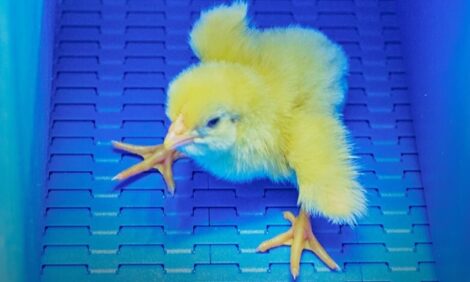



Benchmarking method aids sustainability in farm systems
One Health evaluation approach links animal welfare, productivity and environmental impact to guide sustainable farming practicesResearchers have developed a novel metric to evaluate the sustainability of farming systems by integrating often-overlooked factors such as animal welfare and antibiotic use, as well as productivity and environmental performance.
This evaluation involved analysing data from 80 free-range laying hen flocks in England and Scotland, using a benchmarking system to generate holistic scores.
About half of the flocks achieved the maximum score and rated very highly across all measures – an indication that it is possible to balance productivity with sustainability criteria and ethical considerations, researchers say.
The research conducted by a team from the Global Academy of Agriculture and Food Systems, could help farmers, supply chains and policymakers identify areas for improvement and reward best practices to guide sustainable transitions in agriculture.
Optimised sustainability
Conducted between 2016 and 2022, the research used a method known as data envelopment analysis, which combines multiple sustainability objectives into a single efficiency score.
The research team found that certain egg-laying hen breeds were associated with higher scores, suggesting that genetic traits could play a role in optimising farm sustainability.
Human elements, such as farm personnel and their behaviours, are also thought to be key to achieving top performance, the team says.
One Health approach
This benchmarking system aligns with the One Health perspective, linking human, animal and environmental wellbeing, by incorporating a broad range of sustainability indicators.
The research team emphasises that achieving sustainability in agriculture requires not only meeting productivity and environmental targets but also addressing neglected factors such as animal welfare and responsible medicine use.
This study was published in Agricultural Systems, in collaboration with colleagues from the Royal (Dick) School of Veterinary Studies.
"Our research shows that sustainability in farming is achieved through a holistic approach that accounts for factors such as welfare and antibiotic use. Farmers play a pivotal role as custodians of our landscapes, and it’s important that we support them through policies and incentives that promote sustainable practices," said Dr Laura Higham, Global Academy of Agriculture and Food Systems.








